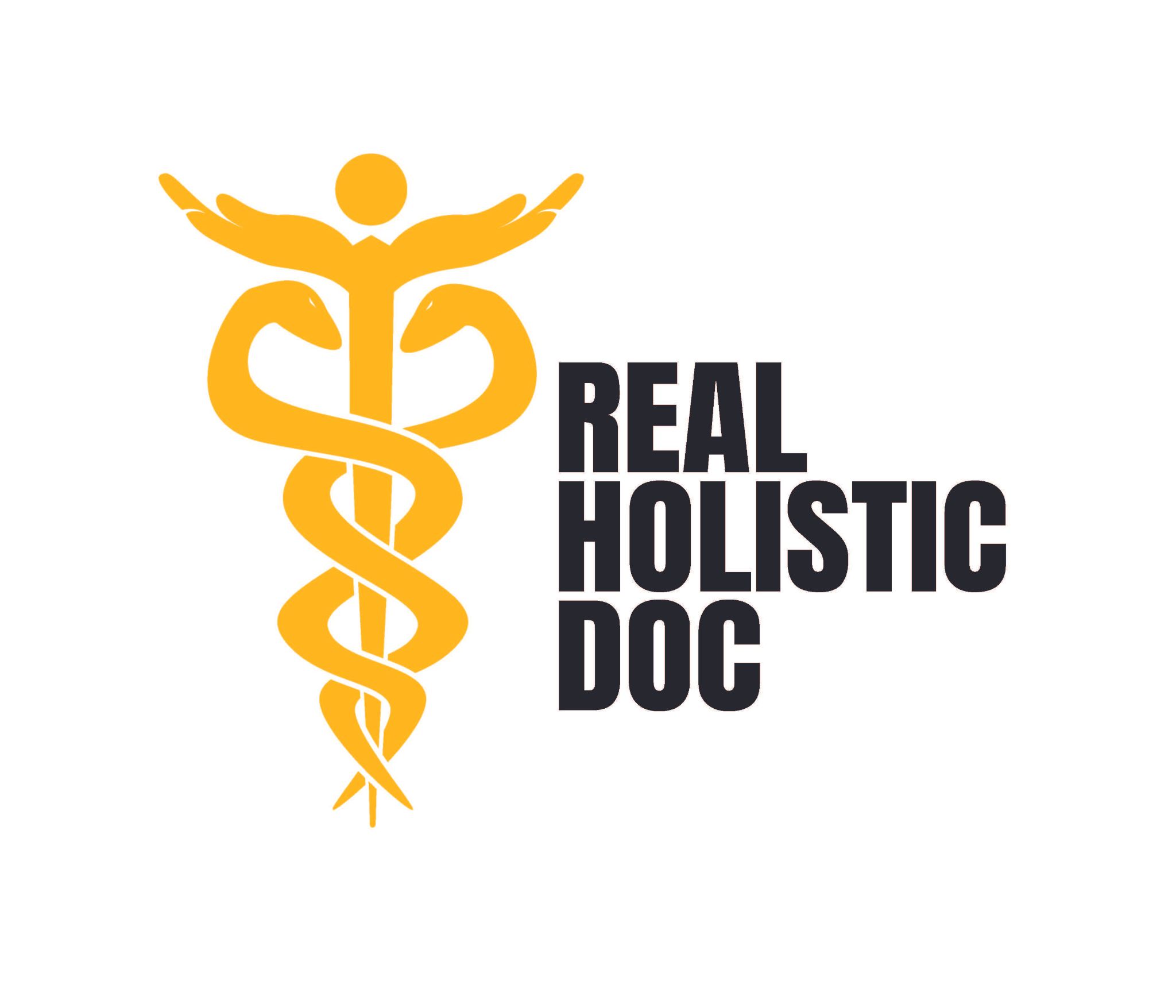Preventive health is an oxymoron if I ever heard one!! Occasionally a ‘scientific’ article actually uses that ridiculous term. We should not be seeking to prevent health but rather to prevent disease or prevent the need for medicine-thus preventive medicine should be a goal.
There is little evidence that most routine testing is of value in HEALTHY people. Now how do you know if you are healthy? You are probably healthy if you:
- Feel good and energetic
- Sleep well
- Have a Body Mass Index (BMI) between 21 and 24
- Have no symptoms that suggest something is wrong
Actually, well-trained physicians can make an accurate diagnosis with 80% accuracy, even without a physical exam, by carefully evaluating symptoms, past history and family history.
The most important screening test is self-evaluation.
Learn to do daily a survey of how each part of your body FEELS. Does it feel good, OK, relaxed? Feel mentally your head, face, mouth, throat, neck, shoulders, arms, hands, chest, breasts, abdomen, pelvis, spine and back, buttocks, genitalia, hips, thighs, knees, calves, feet.
Self-examination:
- Check your posture, skin-front and back, breasts, testes, external genitalia daily. You should know what healthy and normal feels like to you.
- Weigh yourself once a month.
- Evaluate the color and clarity of your urine and the strength of your urination.
- Look at your stool to be aware of normal for you. Incidentally, you should have one or two soft bowel movements each day!
- Exercise daily.
- Know the side effect of everything, such as if you are talking calcium d glucarate then side effects should be known!
- Eat wisely.
- Relax daily.
When should you see a physician?
When you have any significant new symptom — headache, local pain, cramping, bruising, bleeding, unusual fever, dizziness, memory problem, confusion, blackout, seizure, fainting, paralysis, numbness, swelling, lump, etc.
What routine tests should you have?
If you are truly healthy, free of symptoms, and have an optimal Body Mass Index, then the only routine tests I recommend are:
BY AGE 40:
- Homocysteine
- High Sensitivity C-Reactive Protein
- Cholesterol, HDL cholesterol
- Urinary test for free radicals
- Triglyceride
- Transferrin Saturation
- Blood pressure, pulse
- Complete blood count
If these are normal, you might repeat them at age 50 and age 60.
If you take birth control pills (AND I DO NOT RECOMMEND THEM), are overweight, have more than one dedicated sexual partner, have a family history of heart disease, cancer or diabetes, or any new symptom, then you should consult a physician for additional recommendations.
Personally, I have never had a colonoscopy and I consult a physician only when I have an unusual symptom.
If your breasts feel normal to you and there is no family history of breast cancer, I seriously question the need for mammography.
Remember that ALL men, not later than age 50 should be on saw palmetto extract, double strength, at least 160 mg twice daily. A PSA might be of value at ages 50 and 60 but I do NOT recommend prostate biopsy. Indeed, even with an elevated PSA, I would first increase saw palmetto to at least 320 mg daily before considering any other approach to the prostate. Health Maintenance is awareness of self.
Norman Shealy, M.D., Ph.D. is the father of holistic medicine. He recommends autogenic focus (the basis of the Biogenics System) as part of your overall commitment to self-health. Register to download your FREE autogenic focus MP3 now.
